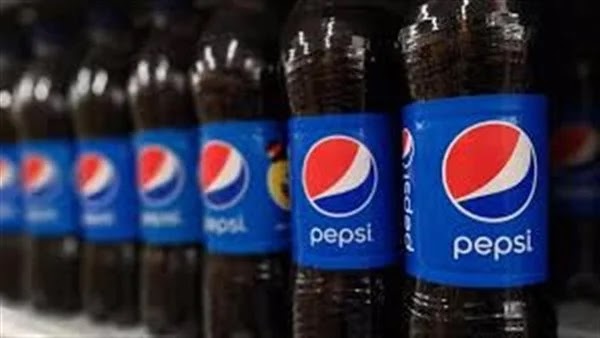Pepsi Sales Persist in Egypt Despite Boycott Calls
In a world
increasingly influenced by social media movements and economic pressures, it's
vital to scrutinize the validity of viral claims—particularly when they impact
major brands and consumer behavior. Recent digital waves have swept through
Egypt, targeting companies associated with political stances, prompting boycott
calls. Amidst this, PepsiCo, a global beverage giant, found itself at the
center of controversy. Claims of halted Pepsi product sales in Egypt flooded
social media platforms, but what's the reality behind these assertions?
### Addressing Social Media Rumors
The Truth Behind the
Claims
It's essential to
clarify the circulating rumors about PepsiCo's presence in Egypt. Contrary to
social media buzz, reliable sources, including Cairo 24, have affirmed that PepsiCo's operations continue unabated within the country. The distribution of
various Pepsi products remains a constant across the republic, debunking the
claims of a sales stoppage.
### The Boycott Background
Social Activism and
Consumer Choices
The boycott campaigns
echo a wider sentiment among Egyptians, urging a shift away from products of
companies with perceived affiliations to Israeli actions—especially amidst
conflicts such as the recent one in Gaza. The social media-led campaigns have
successfully leapfrogged onto the shelves of the largest retail chains,
trickling down even to small grocery stores.
### Local Brands Seizing the Opportunity
Egyptian Companies in
the Spotlight
As the boycott gains
momentum, local Egyptian enterprises are stepping up to fill the gap left by
their Western counterparts. One such beneficiary is the Spiro Spathis Company,
known for its range of beverages that rival the likes of Pepsi and Coca-Cola. Established
in the 1920s, Spiro Spathis boasts a legacy of quenching Egypt's thirst,
starting with its pioneering 'Limonada Spiro Spathis' and gradually securing a
favorable position in the market with its high-quality products.
### The Response from Affected Brands
Strategic Adjustments
Amidst Sales Dip
Foreign companies,
including American brands, have witnessed a marked dip in sales due to the
boycott. In response, they've been rolling out significant discounts and
offers, in some cases exceeding 50%, to retain their customer base. It’s a
telling sign of the potent mix of political sentiment and consumer loyalty that
can sway market dynamics.
### Impact on Distribution and Marketing
Navigating the
Boycott's Economic Ripple Effect
The boycott has pushed
companies to rethink their strategies. For the first time, some are halting the
immediate collection of payments for goods distributed to merchants, adapting
to a new reality where some retailers are reluctant to accept new products.
This has led to renegotiations with parent companies overseas and the
introduction of new distribution policies that defer payments until the
existing stock is sold.
### Employment and Expansion Prospects
Spiro Spathis's Growth
Amidst Market Shifts
In the midst of this
economic shuffle, Spiro Spathis is not only aiming to ramp up its production
plans but is also opening up employment opportunities to support its growth.
The company is exploring new product lines, including diet options, to meet
diverse consumer demands in the near future.
### The Broader International Context
PepsiCo's Decisions on
a Global Scale
The narrative of PepsiCo's operations in conflict zones is not limited to Egypt. The company
made headlines in September 2022 when it ceased production of Pepsi, 7UP, and
Mountain Dew in Russia, following its March announcement of suspending sales
and production in light of Moscow's military actions in Ukraine. PepsiCo's
presence in Russia spans over six decades, with its products being some of the
few Western goods permitted in the former Soviet Union.
### Finally
Economic Adaptability
and Consumer Influence
The case of PepsiCo in
Egypt is a testament to the power of consumer influence and the resilience of
global brands in navigating complex political landscapes. Despite the social
media storm, Pepsi products maintain their foothold in the Egyptian market, reflecting
both the company's adaptability and the Egyptian consumer's nuanced
relationship with global brands.
As this narrative
continues to unfold, it remains clear that in the realm of international
business and consumer politics, adaptability, and truth are crucial currencies.



